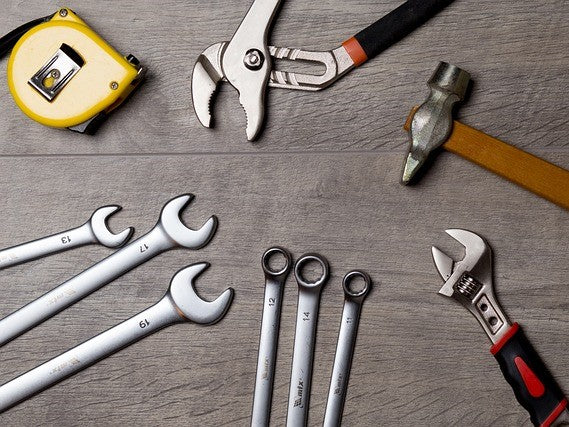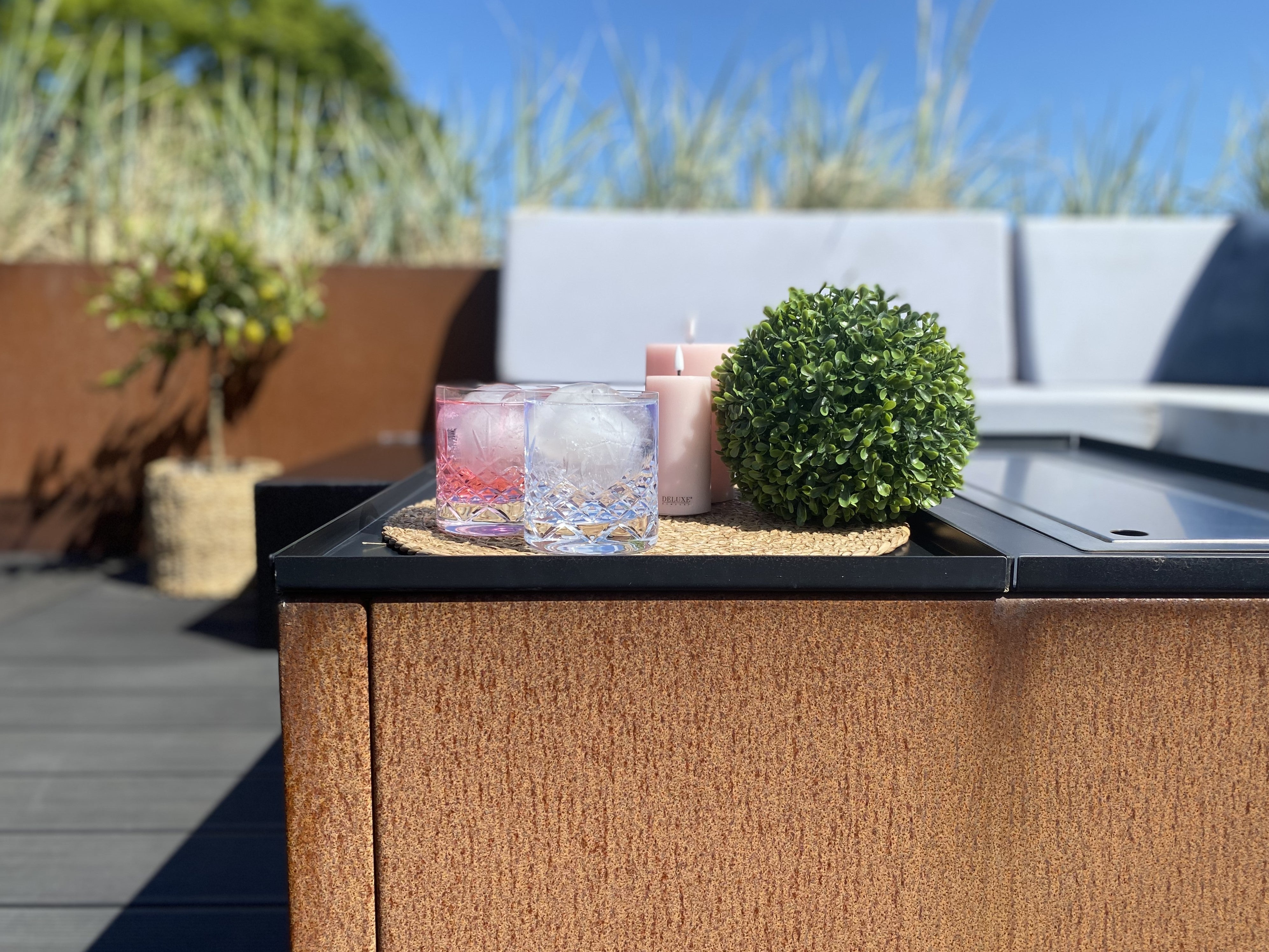Give your garden the boost it needs to ensure lush growth and beautiful flowers.
Does fertilizer damage the steel?

One of the most important factors for a beautiful and healthy garden is fertilizer. When you have a raised bed or planters made of corten steel or galvanized steel, it makes sense to consider whether fertilizers damage the steel.
After all, certain types of fertilizers can potentially damage corten steel and galvanized steel. This is because the fertilizer can accelerate the corrosion process in the metals - especially if it contains high levels of salts. This is especially true in humid environments or when the fertilizer is in direct contact with the metal for long periods of time.

Read below how fertilizers can affect the two types of steel:
Corten steel
Corten steel is known for its ability to form a protective rust layer that prevents further corrosion. This rust layer protects against the elements. The chemicals found in fertilizers can interfere with the formation of the rust layer or even penetrate it and cause corrosion. This is especially the case if the fertilizer is rich in nitrates or ammonium salts.
Galvanized steel
Galvanized steel is steel coated with a layer of zinc to protect it from corrosion. Although the zinc layer provides good protection, aggressive chemicals, such as those in fertilizers, can attack the zinc layer and accelerate corrosion. This is because some of the chemicals in fertilizers can chemically react with zinc to form compounds that do not protect the steel as effectively.
How to protect
To protect the corten steel and galvanized steel from potential damage from fertilizers, it is important to

Use organic fertilizer
Organic fertilizers contain natural nutrients and microorganisms that are not only beneficial to the plants, but also less likely to cause damage to the structure of the raised beds or planter boxes. Therefore, organic fertilizers are a gentler choice that helps preserve the life and appearance of raised beds.

Avoid direct contact
Avoid direct contact between the fertilizer and the metal. When spreading the fertilizer, you can make sure that it does not hit the steel or settle directly on the steel.
Clean metal surfaces that have been hit by fertilizer.
Place your raised beds in gravel if necessary.

Good drainage for the soil
Ensuring that the soil is well drained and that there is no standing water in the planter or raised bed will help prevent the build-up of chemicals from the fertilizer.



